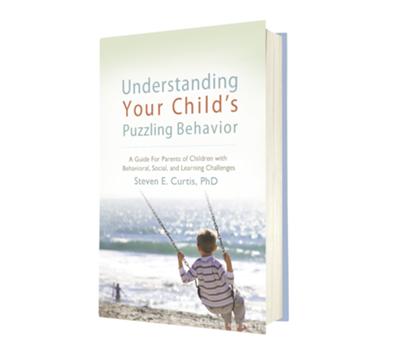The complex process of diagnoses
by Steven E. Curtis, Ph.D.
(Bainbridge Island, WA)
Differentiating spectrum disorders from SPD is indeed a complex process, even for trained professionals. This is because our diagnostic procedures are not as precise as for other areas of medicine. For example, when a patient has a broken leg, the majority of doctors in the world would say that the patient has a broken leg. This is because the break would be clearly seen on an x-ray.
In the case of SPD and spectrum disorders, we are diagnosing using observations and checklists. There are no definitive lab tests. Thus, a particular diagnosis is often based on the background of a particular provider (e.g., OTs will diagnose SPD and the psychiatrists will diagnose spectrum disorders). The diagnosis is rather subjective because no definitive lab tests or other precise medical procedures exist.
When professionals look at possible SPD, or spectrum disorders, I recommend being even more holistic. Sometimes, children have "puzzling" behaviors because of hearing or vision impairments. Sometimes, they may have food allergies. Other times, there may be sleep apnea, depression, or anxiety. There are so many causes for many of the behaviors that are suggestive of SPD and spectrum disorders.
I wrote my book, Understanding Your Child's Puzzling Behavior, to help parents navigate this diagnostic/treatment process when they are searching for help for their child with puzzling behavioral, social, and learning challenges. I very much believe in making the diagnostic process collaborative. No one professional has the corner on the knowledge market.
Sometimes a parent will never get an appropriate diagnosis for their child's challenges. In this case, I recommend focusing more on positive goals. What do you want your child to learn? Any child can learn. By focusing on positive goals, rather than endlessly searching for a particular diagnosis, a parent will find that much productive activity will take place. A child will then more likely find the success that he or she deserves.
Steve Curtis, Ph.D., NCSP
Child Clinical Psychologist
Nationally Certified School Psychologist
www.lifespanps.com
http://lifespanpress.blogspot.com (blog)

